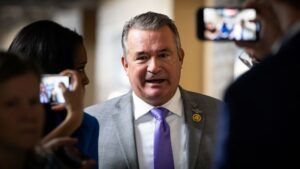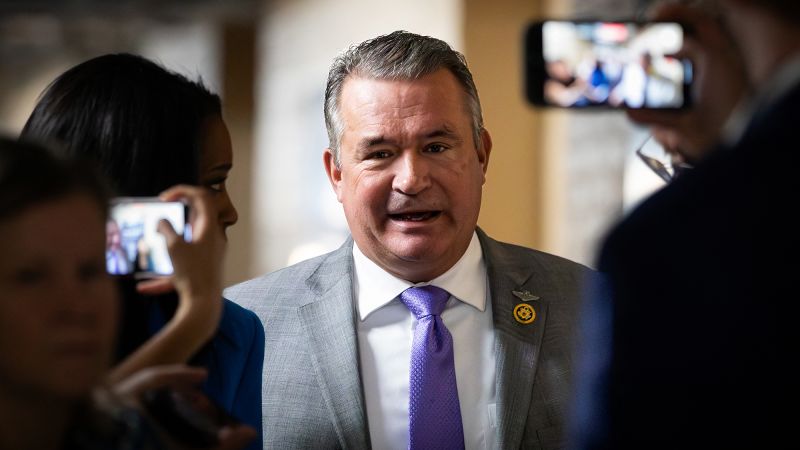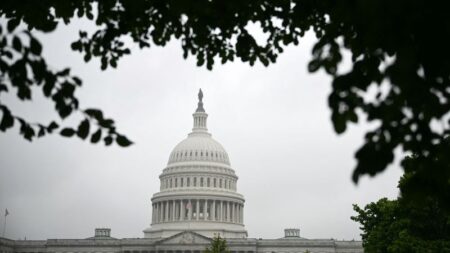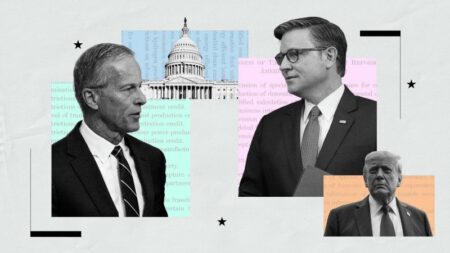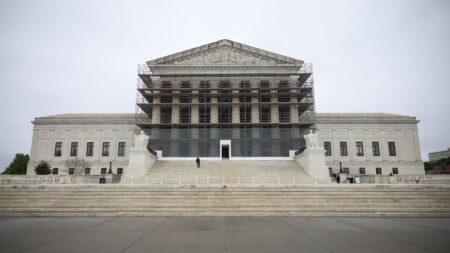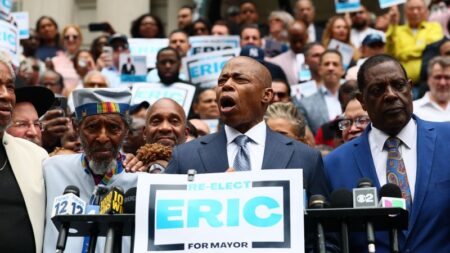**GOP Rep. Don Bacon’s Decision Not to Run Again**
Republican Representative Don Bacon, who serves a significant battleground district in Nebraska, has made the significant decision not to seek reelection for his House seat in the upcoming 2026 midterms. This information comes from three individuals familiar with Bacon’s plans, which could open a critical seat for Democratic contenders in an increasingly competitive electoral landscape.
Bacon is expected to make an official announcement regarding his decision in the coming week, with sources indicating that the news will likely break on a Monday. While he has not commented directly to CNN regarding this development, the anticipation of his announcement has created a ripple effect within both the GOP and Democratic circles as they prepare for the implications this could have on the upcoming elections.
His departure marks a considerable loss for the House Republican leadership, particularly as they strive to retain their slim majority in Congress during a time when every seat is crucial. Representative Bacon’s role as a centrist within the party has positioned him as an essential asset in maintaining party unity and legislative strategies. His exit could shift the balance of power, leading to more aggressive campaign efforts from both sides of the aisle.
While Bacon’s decision not to run might seem abrupt to some, it does not come as a surprise to many within the House Republican Party. Observers noted that Bacon has been signaling his intention to step back from Congress for some time, as reflected in his recent voting patterns and public statements. His experiences as a retired officer of the Air Force and a Congressman of nearly seven years indicate a long-held contemplation regarding his future in politics.
Bacon first won his seat in the House of Representatives in 2016 and has since lived through numerous political cycles, including a tumultuous 2020 election year. His reelection last year surprised many as he managed to outperform then-President Donald Trump in his Omaha-area district, despite facing significant opposition from Republican voters. This past success, however, may have furthered his frustration and ambivalence about the political climate in Washington, D.C.
In the arena of foreign policy, Bacon has shown a willingness to diverge from the typical Republican narrative, openly challenging Trump’s stances on significant international matters, including U.S. involvement in Ukraine. This independent streak has garnered him a reputation that could potentially pave the way for a future presidential bid. Political analysts speculate that he may consider a run for the presidency in 2028, especially given his military and legislative background.
At the same time, House Democrats are enthusiastic about their prospects as they look to reclaim control in Congress. The party’s officials recognize that flipping just a handful of seats could lead to significant gains in the midterm elections. Historical trends suggest that new presidential administrations tend to suffer losses in their first midterms; Democrats remember this well after the 2018 midterm elections, a period during which they capitalized on discontent with the Trump administration.
However, caution persists even among Democrats, as some Republicans voice concerns over the potential for a “blue wave.” Many also point to certain favorable factors, including redistricting efforts in states like Ohio, which lean towards Republican interests. The anticipated involvement of Trump in the electoral process—including fundraising—could also be a determining factor, particularly considering his supporter base, which largely abstained from voting in the 2018 midterms.
As both parties brace themselves for the upcoming election cycle, the departure of Rep. Don Bacon will be, without a doubt, a talking point that will shape campaign strategies and candidate selections moving forward. The election landscape remains fluid, and how candidates approach these shifts will be pivotal as the midterm elections approach.
In conclusion, Bacon’s decision not to seek reelection could significantly affect the political dynamic in Nebraska and beyond, serving as both a challenge and an opportunity for Republicans and Democrats alike. The ripple effects of this single announcement will undoubtedly be felt for years to come.


